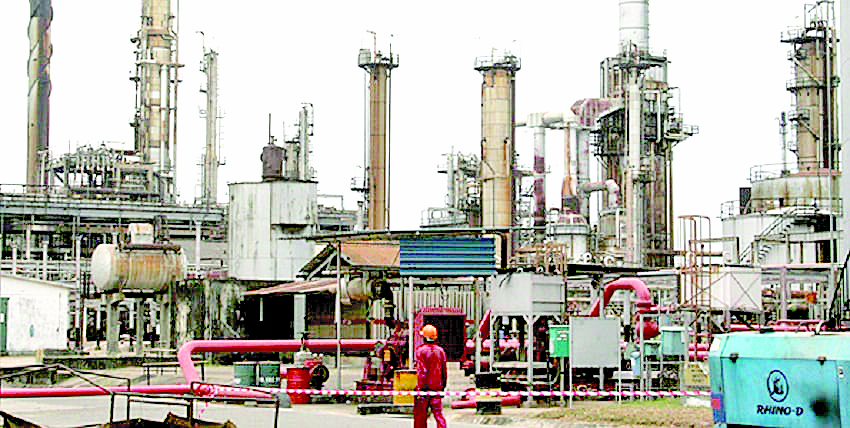Cabinet clears Kenya Pipeline’s acquisition of petroleum refinery
By John Otini, July 20, 2023The Cabinet has given the green light for the acquisition of the Kenya Petroleum Refineries Ltd (KPRL) by Kenya Pipeline Company (KPC) in a move aimed at strengthening the country’s petroleum supply chain infrastructure.
It said this strategic State intervention is expected to not only bolster the security of petroleum supply but also lead to cost-efficiency improvements through reduced demurrage costs.
Additionally, the development of Liquefied Petroleum Gas (LPG) bulk import handling and storage facilities is set to enhance the penetration of LPG usage in the country.
Supply chain
“This State intervention is expected to enhance petroleum supply chain infrastructure and thereby result in security of supply and cost efficiency through reduced demurrage costs and enhanced penetration of LPG usage in the country through the development of LPG bulk import handling and storage facilities,” a brief from the Office of the President says.
The approval of the acquisition comes at a crucial juncture when optimising the efficiency of the petroleum value chain is of utmost importance.
By bringing KPRL under the management of KPC, the government aims to foster synergy and better utilise existing downstream petroleum infrastructure. This alignment is expected to create a more streamlined and integrated approach to handling and transporting petroleum products across the country.
“This will enhance efficiency and also foster synergy in the petroleum value chain by optimising the use of our existing downstream petroleum infrastructure,” the Cabinet said. One of the key benefits of this acquisition is the enhancement of petroleum supply chain security.
By unifying the operations of KPRL and KPC, the government aims to ensure a more reliable and uninterrupted supply of petroleum products to meet the nation’s growing energy demands.
The unified management will enable better coordination and planning, reducing the risk of supply disruptions and enhancing energy resilience. Moreover, the move is also expected to result in significant cost-efficiency improvements.
Demurrage costs, which are incurred when shipments are delayed during unloading or loading, can be a considerable financial burden.
By optimising operations and reducing delays, the integrated management of KPRL and KPC is expected to lower demurrage costs, leading to potential cost savings for both companies and consumers.
More Articles

